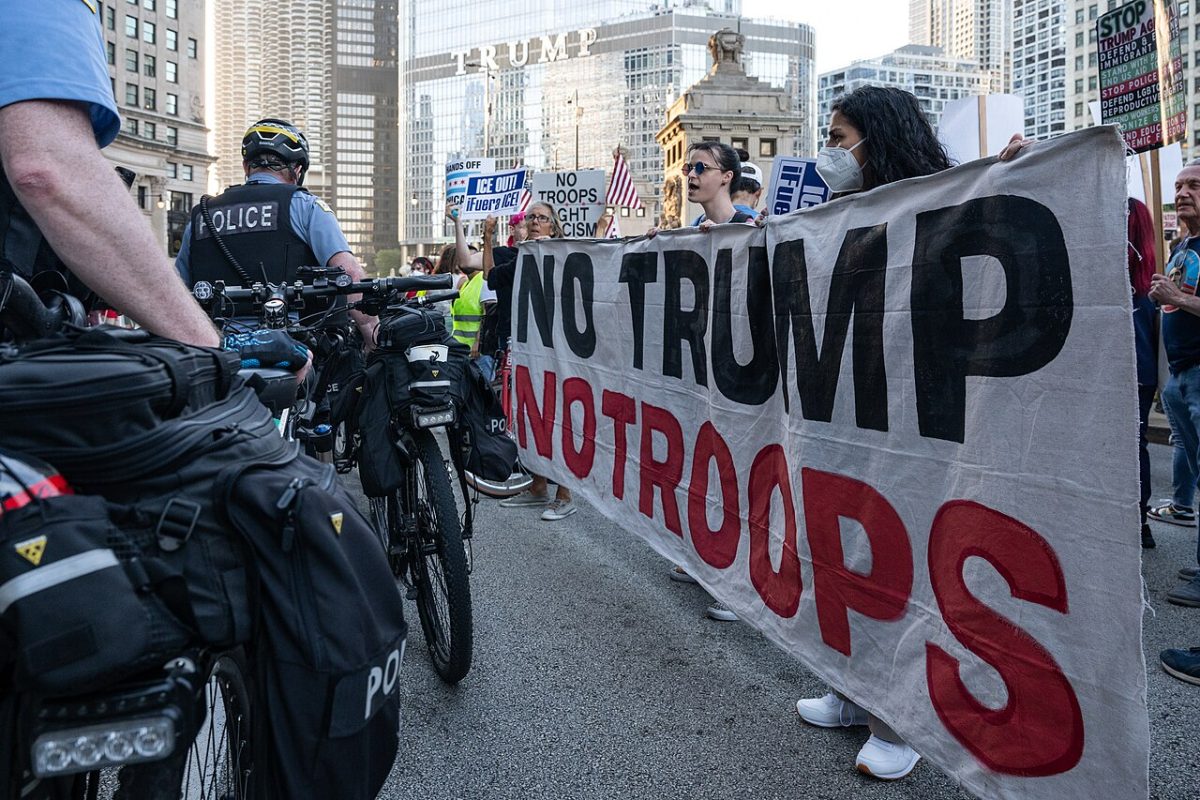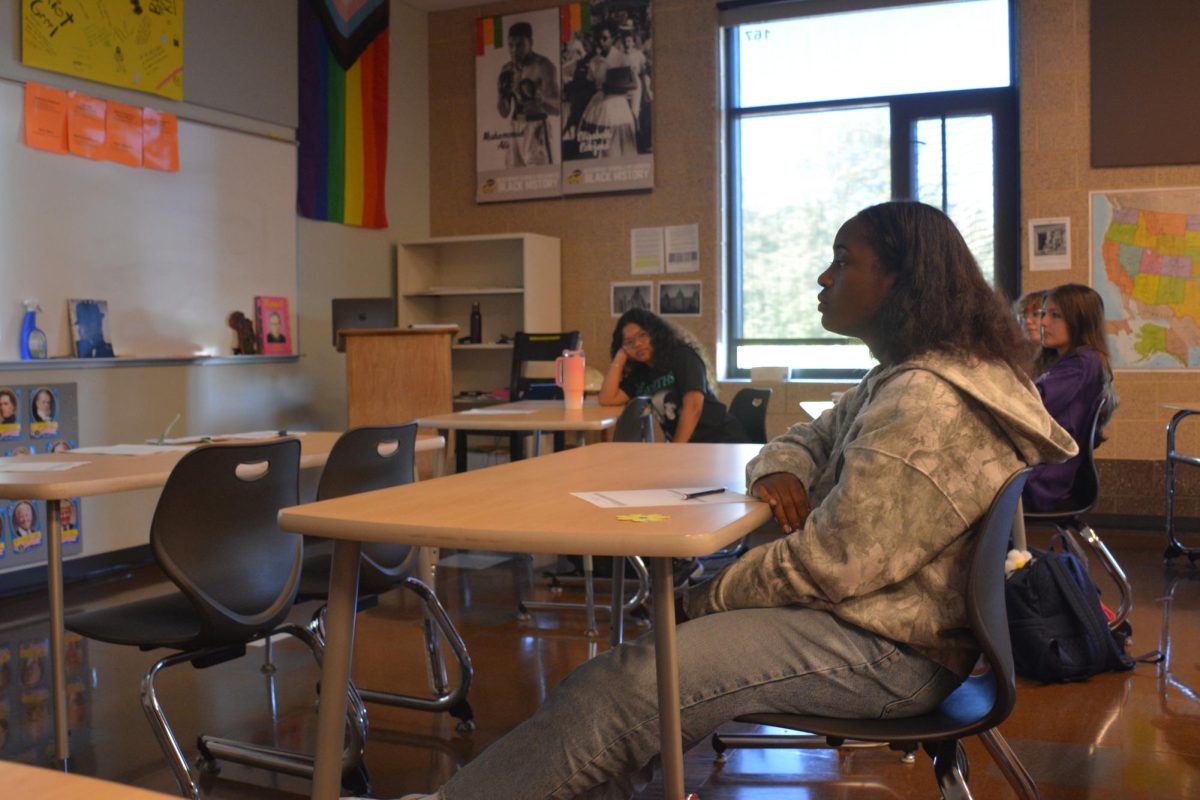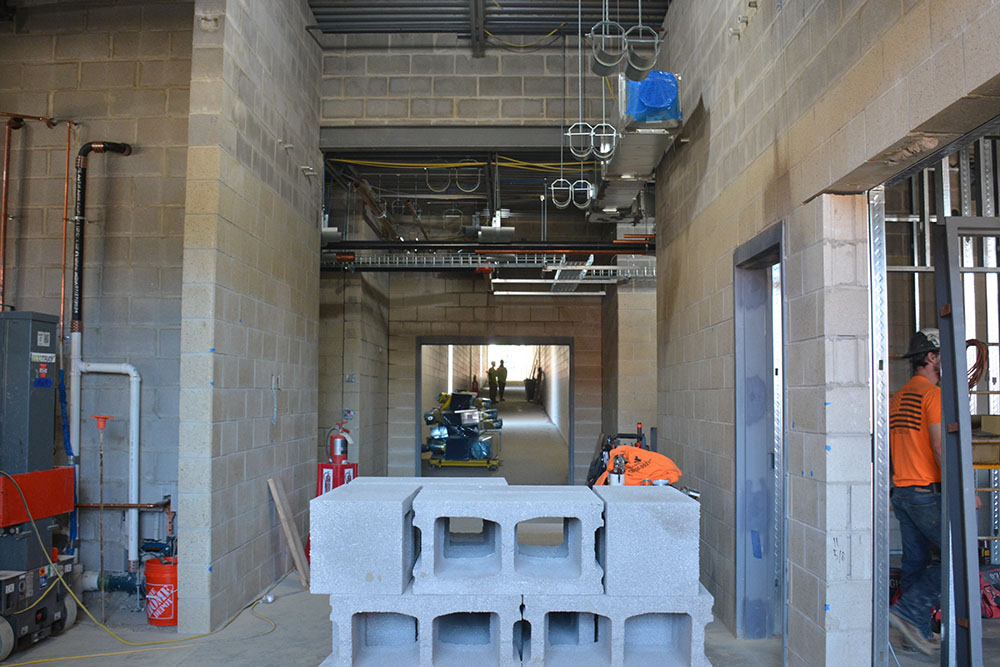By Asha Clark, Staff Writer

A hot cafeteria. Check. Loud rock music. Check. Powerful speaker and a good cause. Check and check. Sound familiar? That’s because all of these elements made up BHS’s first annual Battle for Darfur which combined BHS’s popular events, Battle of the Bands and Rally for Darfur into one event on May 7th, 2010.
This year was the first year that the BHS Student Council and Amnesty International worked together to combine the events. Club members agreed that it was more logical to have one large event instead of two small events. Students from both Student Council and Amnesty attended the event, and worked in areas such as the front table and the concession stand.
In order to make the collaboration occur, some changes had to be made. The first change was the location of the event. In previous years, Battle of the Bands has always been located in the BHS auditorium, where bands performed in front of a sitting audience. Rally for Darfur was held in the BHS courtyard. This year, Battle of Darfur was held in the BHS cafeteria, a wide-open space with a few stray chairs for adults. Junior Sarah Newman, a member of Amnesty International, stated that the main reason for this difference was the oddity of Battle of the Bands as a “sit down” event. “Having Battle of the Bands as a sit down concert didn’t fit their message, so it made sense to make it into a rally,” she explained. At the event, students stood about in crowds, while the band played on a raised platform in front of them.
In order to make the event a success, members of Amnesty International played a large role in its organization. Junior Amelia Wester stated that one of Amnesty’s goals was to make the event fun for everyone. “We tried to open up the event to people outside of Beachwood by bringing in non-Beachwood bands,” she said. (The list of bands participating in the Tri-C High School Rock-off was used in order to find bands.) Wester also mentioned that the club attempted to balance enjoyment while maintaining the somber, humanitarian spirit of the event. They did so, she explained, by bringing in a Holocaust survivor, Stanley Bernath, to speak. Bernath described his own experiences and emphasized that genocide is still a problem in some parts of the world.
Junior member Anna Swanson also commented that planning in advance contributed to the event’s success. “We started thinking about the event’s specifics such as the food, the bands, and where the money should be donated, starting from about November through December,” she said.
Greg Deegan, the adviser for Amnesty International also mentioned the importance of the meetings with student council. “We had weekly meetings to ensure that the executive board and members of student council knew our overall approach and what task needed to be accomplished.” Deegan also stated that the separation of duties between individuals was key in making the event a success.
Because of its organization, many members of Amnesty believed that the event went smoothly. Newman, Swanson, and Wester all expressed very positive thoughts about this year’s turnout. Wester explained that the change of location may have played a role. “This year’s turnout was great,” she exclaimed. “Maybe it was the change of venue, but it seemed like there were more people this year than there were last year.”
In terms of fund-raising, Battle for Darfur was also seen as successful. The event was able to raise about $1100 to combat the genocide in Darfur, through their concession stand, as well as the $5 entry fee. Amnesty and Student Council also sold green wristbands in order to continue to raise funds.
Though Battle for Darfur was seen as an enjoyable event, its main purpose was to bring awareness to the continued genocide in Darfur. Because of this goal, Holocaust survivor and speaker of the night, Stanley Bernath, was seen as one of the most powerful elements of the event. Both Wester and Newman agreed. “It reminded people about the horrors of genocide and the need to stop it,” Newman said. She also added that Deegan made the night powerful when he mentioned that an annual Battle for Darfur is bittersweet because it means that the conflict is still happening and innocent victims are still dying.
Deegan agreed with his Amnesty members about the power of Bernath’s speech. “He personalized what it means to get involved to help others who struggle to help themselves in cases of genocide.” Deegan also mentioned that he was impacted by BHS students. “I was also moved by the generosity of many students who gave extra money throughout the night—it was really heartening.”
Though successful, members of Amnesty expressed one common sentiment that they would like to see change for next year. “It was hard to keep the bands on schedule, so we ran over about twenty minutes. Next year we’ll be more organized in that respect,” Newman said.




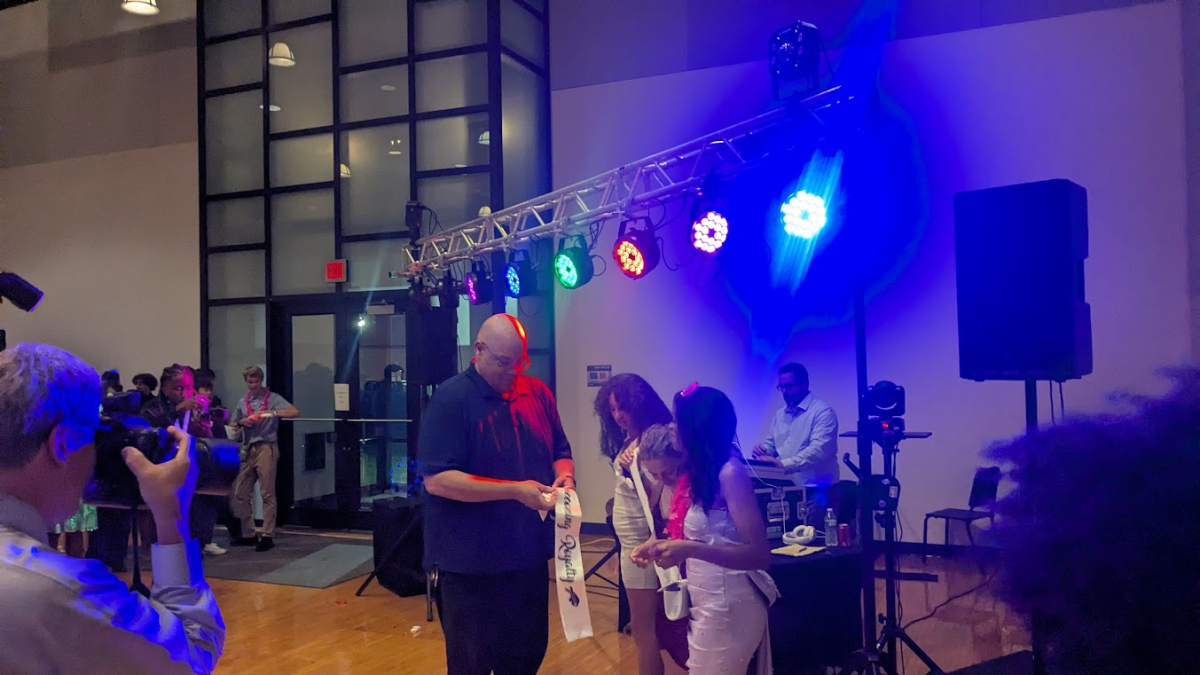
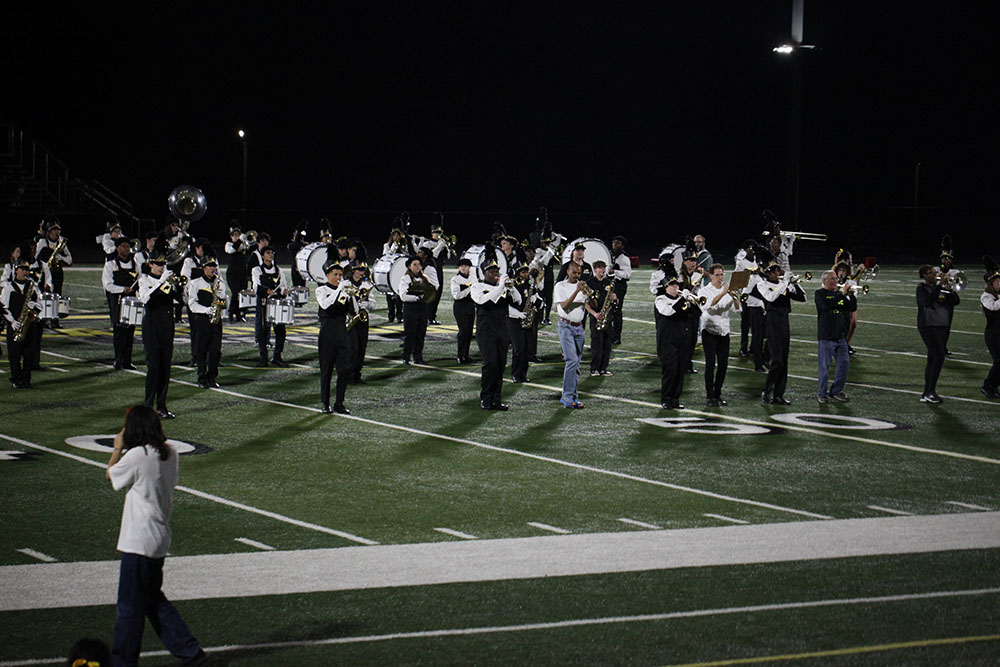

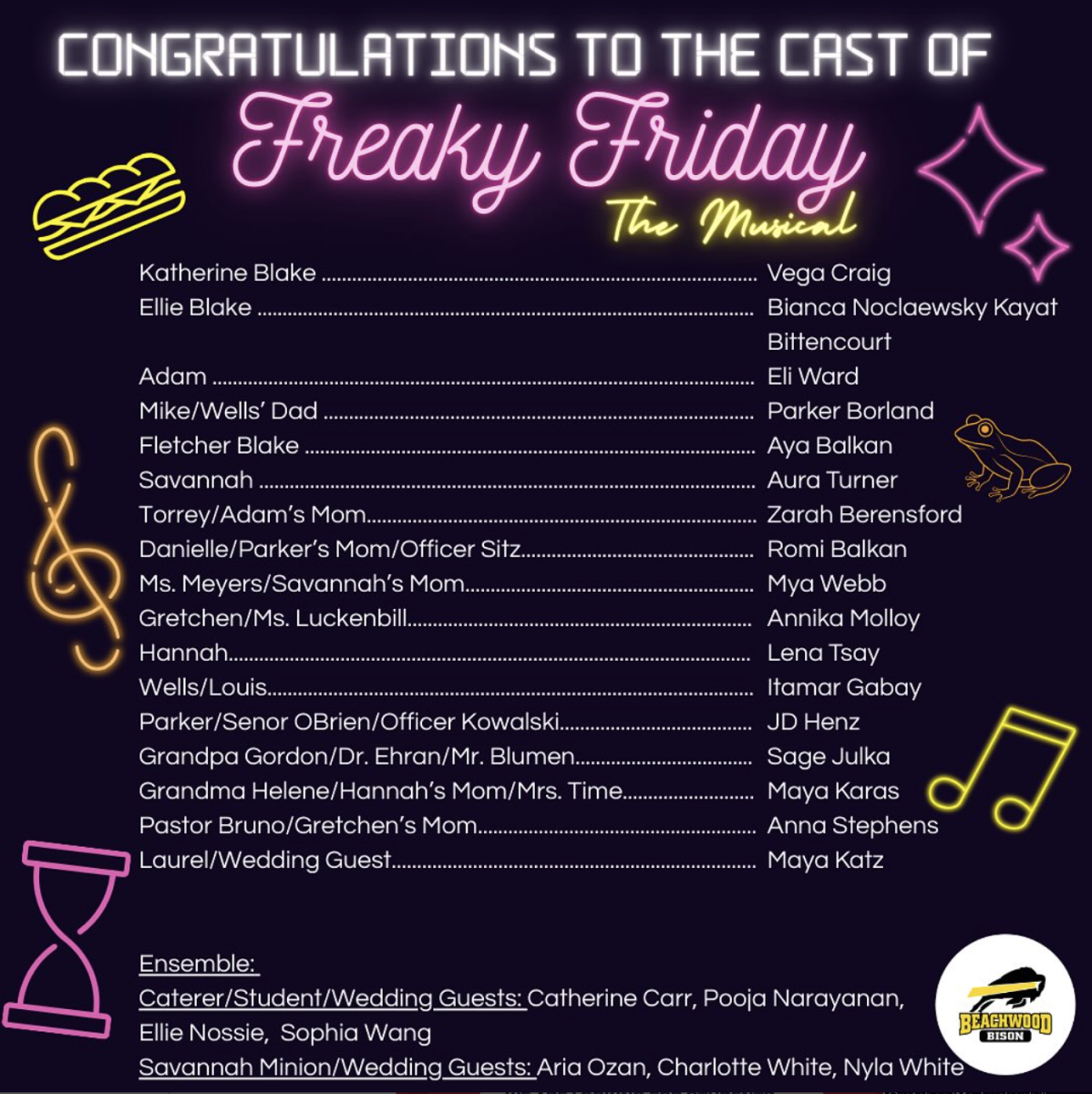

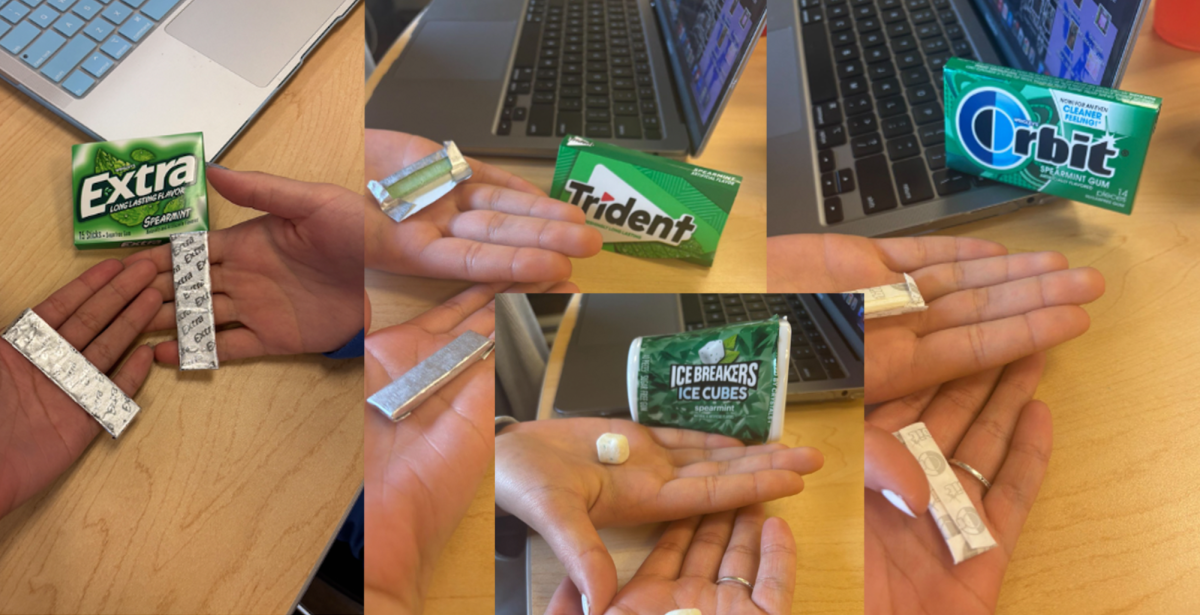
![“My parents have always said that education is important. My parents are Chinese immigrants, I'm Chinese American, [and that's a] value that has always been ingrained in our community,” said Senior Lyndia Zheng, pictured with Tony Zheng](https://bcomber.org/wp-content/uploads/2025/10/DSC_4244.jpg)

